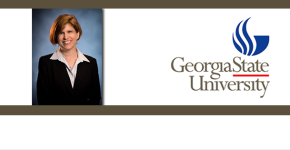Tag: psychology
-
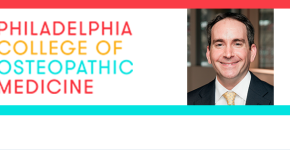
Scott Glassman, Philadelphia College of Osteopathic Medicine – Shared Medical Appointments
You could be sharing your doctor during your next visit. Scott Glassman, clinical assistant professor in the department of psychology at the Philadelphia College of Osteopathic Medicine, details how shared medical appointments are having positive effects for patients. Scott Glassman, PsyD, is a clinical assistant professor of psychology and is associate director of the MS…
-
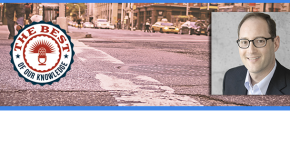
Elliot Berkman featured on The Best of Our Knowledge
As always, host Bob Barrett selects an Academic Minute to air during The Best of Our Knowledge. Each week this program examines some of the issues unique to college campuses, looks at the latest research, and invites commentary from experts and administrators from all levels of education. For this week‘s edition (#1333), Bob has selected Elliot…
-

Elliot Berkman, University of Oregon – How Poverty Reduces Self-Control
What do self-control and poverty have to do with each other? Elliot Berkman, assistant professor in the department of psychology at the University of Oregon, explores how self-control and a focus on the present can make it hard for people to position themselves for success in the future. Elliot Berkman, PhD, is an Assistant Professor…
-

Chris Hopwood, Michigan State University – Women More Sensitive to Annoying Behavior
Does your sex help determine how annoying you find your co-workers? Chris Hopwood, associate professor of psychology at Michigan State University, delves into the psychology behind how both sexes perceive the actions of others. Christopher J. Hopwood, PhD, is an Associate Professor of Psychology at Michigan State University where he is Principal Investigator of the…
-
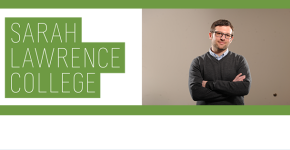
Adam Brown, Sarah Lawrence College – PTSD Treatments
Having PTSD may hinder your ability to imagine a positive future for yourself. Adam Brown, clinical psychologist and member of the psychology faculty at Sarah Lawrence College, delves into treatment options to help reverse this cognitive disorder. Adam Brown is a clinical psychologist and member of the psychology faculty at Sarah Lawrence College where he…
-
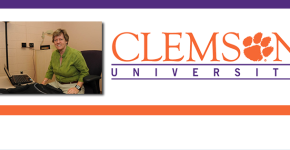
June Pilcher, Clemson University – Lack of Sleep and Decision Making
Your level of self-control could be tied to the amount of sleep you had last night. June Pilcher, professor in the department of psychology at Clemson University, explores how getting an appropriate amount of shut eye could lead to better choices during the daytime. Dr. Pilcher came to Clemson in 2001 and was awarded Alumni…
-

Anna Sosa, Northern Arizona University – Traditional vs Electronic Toys
Should infants be learning language from electronic toys? Anna Sosa, professor of communication sciences and disorders at Northern Arizona University, examines how the quality of interaction between children and electronic toys compares with the quality of their interactions with books and more traditional toys. Anna Sosa completed her PhD in Speech and Hearing Sciences at…
-
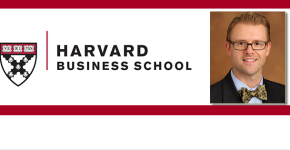
Dylan Minor, Harvard Business School – Toxic Workers
Having a toxic worker on your staff can cause big problems. Dylan Minor, Visiting Assistant Professor of Business Administration at the Harvard Business School, explores the cost of having even one person bringing down the office. Dylan Minor is a visiting Assistant Professor of Business Administration at Harvard Business School, where he teaches a first…


